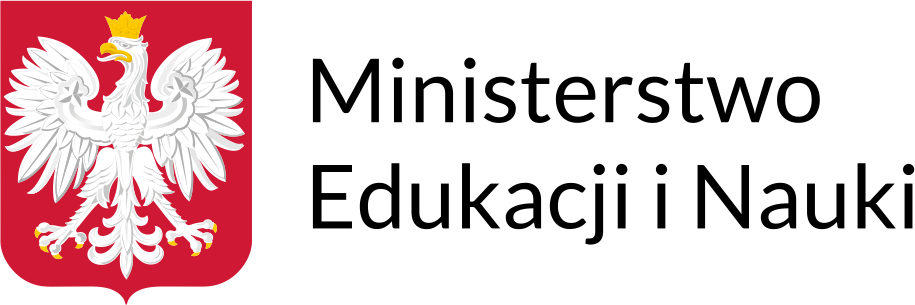We cordially invite you to participate in the international academic conference entitled:
University in the frontier. Knowledge. Human being. Environment
Rapid transformations that are taking place in terms of economics, society, traditions and customs often require a methodical reflection on both the purpose and the significance of universities as academic institutions. The most important question that the conference organisers would like to raise is about the role of universities in the frontier in contrast with universities located closer to the centre (both locally and politically). Despite being remote, these frontier universities usually display more connections with other, smaller institutions like universities and colleges that are – in many aspects – significant for the development of a specific geographical region. The term ‘frontier’ could be widely defined and understood – as the frontier of education, society, culture, economics and geographical dimensions. That is why the role of frontier universities is crucial – they need to define their goals, their main purpose, the character of academic community and their course of transformation so that they could be active constructors of change that takes place both regionally and cross-regionally.
Currently, one of the most important issues that is being discussed when it comes to universities as academic institutions, concentrates on the position of and in universities, and it is often defined as ‘new barbarism’. While remaining open to this point of view, we would like to emphasize that a frontier university could be also perceived as an unique entity, an important change-maker when it comes to the region, the country and/or the international scene. That is why we would like to consider the three main dimensions of a university. The first aspect is based on generating and promoting multidisciplinary knowledge and its functions, especially when it comes to education and its social responsibility. The second aspect concentrates on a human being and his or her educational, intellectual, existential and social needs that are based on trust to create widely understood cooperation. The third aspect is connected with the environmental impact based on sustainable development principles.
The various subject matters mentioned above will be divided into several working teams that will be managed by educational leaders, and the results of their exploration will be shared and exchanged in order to prepare interim reports in both Polish and English.
Suggestions for the topics to be researched and discussed are listed below:
- Universities in the frontier – knowledge
- Mechanisms of counter-hegemony
- Historical background for establishing universities in the frontier
- University education in the frontier
- University’s environmental impact
- University as a source of change in the quality of human life – internal and external perspective




